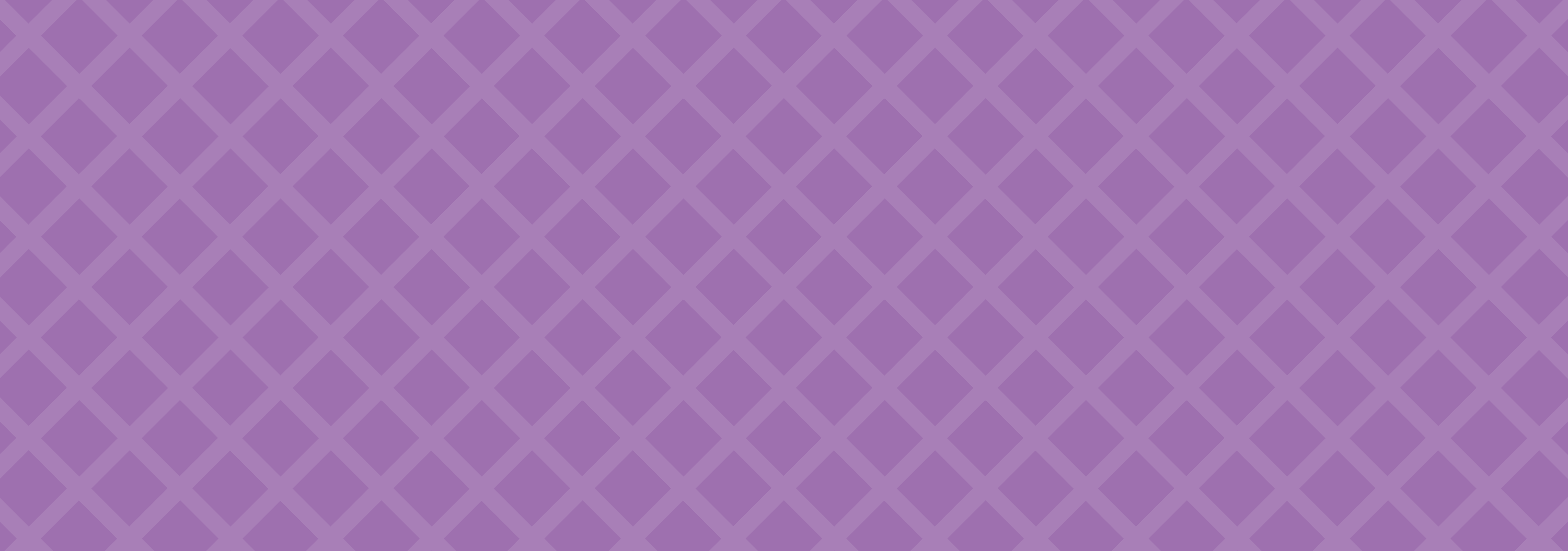So what I’ve learned from the past couple months of being really loud about being a bi woman on Tumblr is: A lot of young/new LGBT+ people on this site do not understand that some of the stuff they’re saying comes across to other LGBT+ people as offensive, aggressive, or threatening. And when they actually find out the history and context, a lot of them go, “Oh my god, I’m so sorry, I never meant to say that.”
Like, “queer is a slur”: I get the impression that people saying this are like… oh, how I might react if I heard someone refer to all gay men as “f*gs”. Like, “Oh wow, that’s a super loaded word with a bunch of negative freight behind it, are you really sure you want to put that word on people who are still very raw and would be alarmed, upset, or offended if they heard you call them it, no matter what you intended?”
So they’re really surprised when self-described queers respond with a LOT of hostility to what feels like a well-intentioned reminder that some people might not like it.
That’s because there’s a history of “political lesbians”, like Sheila Jeffreys, who believe that no matter their sexual orientation, women should cut off all social contact with men, who are fundamentally evil, and only date the “correct” sex, which is other women. Political lesbians claim that relationships between women, especially ones that don’t contain lust, are fundamentally pure, good, and unproblematic. They therefore regard most of the LGBT community with deep suspicion, because its members are either way too into sex, into the wrong kind of sex, into sex with men, are men themselves, or somehow challenge the very definitions of sex and gender.
When “queer theory” arrived in the 1980s and 1990s as an organized attempt by many diverse LGBT+ people in academia to sit down and talk about the social oppressions they face, political lesbians like Jeffreys attacked it harshly, publishing articles like “The Queer Disappearance of Lesbians”, arguing that because queer theory said it was okay to be a man or stop being a man or want to have sex with a man, it was fundamentally evil and destructive. And this attitude has echoed through the years; many LGBT+ people have experience being harshly criticized by radical feminists because being anything but a cis “gold star lesbian” (another phrase that gives me war flashbacks) was considered patriarchal, oppressive, and basically evil.
And when those arguments happened, “queer” was a good umbrella to shelter under, even when people didn’t know the intricacies of academic queer theory; people who identified as “queer” were more likely to be accepting and understanding, and “queer” was often the only label or community bisexual and nonbinary people didn’t get chased out of. If someone didn’t disagree that people got to call themselves queer, but didn’t want to be called queer themselves, they could just say “I don’t like being called queer” and that was that. Being “queer” was to being LGBT as being a “feminist” was to being a woman; it was opt-in.
But this history isn’t evident when these interactions happen. We don’t sit down and say, “Okay, so forty years ago there was this woman named Sheila, and…” Instead we queers go POP! like pufferfish, instantly on the defensive, a red haze descending over our vision, and bellow, “DO NOT TELL ME WHAT WORDS I CANNOT USE,” because we cannot find a way to say, “This word is so vital and precious to me, I wouldn’t be alive in the same way if I lost it.” And then the people who just pointed out that this word has a history, JEEZ, way to overreact, go away very confused and off-put, because they were just trying to say.
But I’ve found that once this is explained, a lot of people go, “Oh wow, okay, I did NOT mean to insinuate that, I didn’t realize that I was also saying something with a lot of painful freight to it.”
And that? That gives me hope for the future.





















